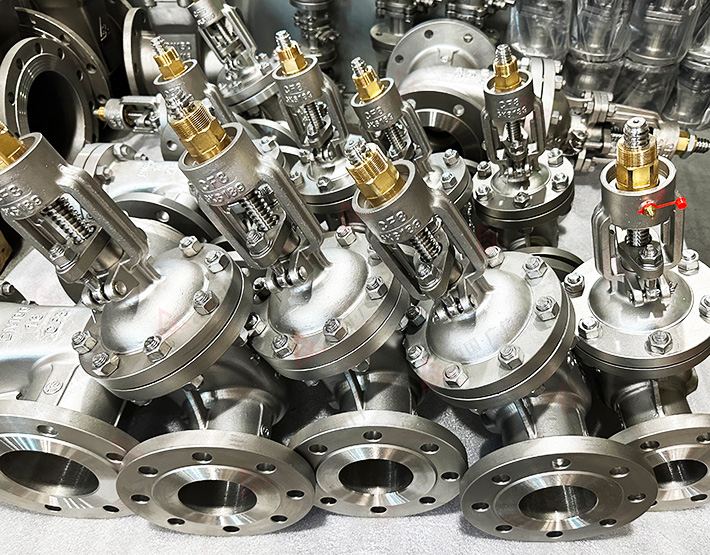

Valves are divided into the following materials:
1. The material of the valve stem liner should have a hardness and strength not greater than that of the valve stem, and should not form electrochemical corrosion with the valve stem and valve body under water immersion conditions.
2. Material of sealing surface.
3. The material of the 3 nuts is cast aluminum brass or cast aluminum bronze, and their hardness and strength are both greater than those of the valve stem.
4. Valve material: As gray cast iron pipes are gradually not recommended for use, the valve body material should be mainly ductile iron, and the brand and actual physical and chemical testing data of the castings should be indicated.
5. The valve stem material should be stainless steel (2CR13), and large diameter valves should also have stainless steel embedded valve stems.
Common materials:
Type 1: Cast iron
Cast iron can be further subdivided into four types: gray cast iron, malleable cast iron, ductile iron, and nickel cast iron. This article mainly introduces two types of cast iron materials used by Taichen valves: gray cast iron and ductile iron.
Type 2: Cast steel
Cast steel is a type of cast iron alloy, which is a general term for iron-based alloys used in the production of castings that do not undergo eutectic transformation during the solidification process. The advantages of cast steel materials are greater design flexibility and variability, improved overall structural strength, and a wide range of weight changes. The butterfly valve is made of cast steel, which has better performance than cast iron but not as good as stainless steel. The suitable media for cast steel butterfly valves include steam, non corrosive gases, petroleum, etc.
Category 3: Stainless steel
Stainless steel refers to steel that is resistant to weak corrosive media such as air, steam, water, and chemical corrosive media such as acid, alkali, and salt, also known as stainless acid resistant steel. Usually, butterfly valves made of stainless steel have the best performance and are suitable for more severe working conditions. They can be used in pipelines with ultra-high temperature, ultra-low temperature, and strong acid-base corrosion. At the same time, butterfly valves made of stainless steel have stronger hardness, better wear resistance, and the longest service life.
Category 4: Ductile iron
Suitable for media such as water, steam, air, and oil with PNs 4.0 MPa and temperatures ranging from -30 to 350 ℃. Common grades include QT400-15, QT450-10, and QT500-7.
Given the current level of domestic technology, factories vary greatly, and users often find it difficult to inspect. Based on experience, it is recommended to use steel valves for safety when PN ≤ 2.5MPa.









